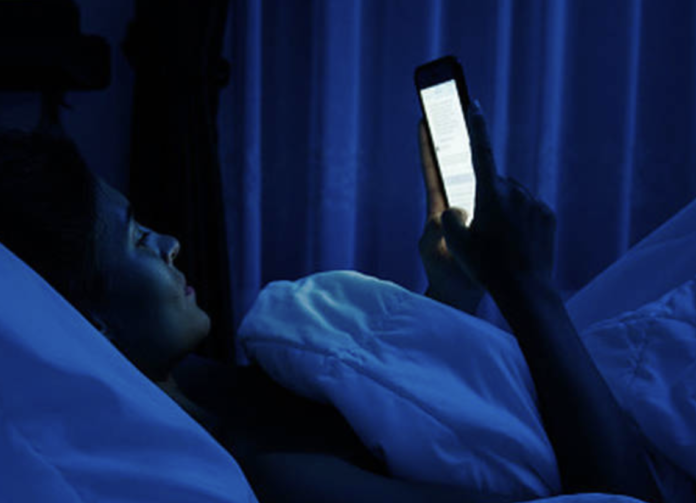The human species is a sociable animal.
To prosper in life, we require the company of others, and the quality of our relationships has a significant bearing on both our mental health and enjoyment. Social interaction with others has been shown to reduce stress, anxiety, and depression, improve self-esteem, bring comfort and joy, prevent loneliness, and even lengthen life. On the other hand, a lack of solid social ties can seriously jeopardize your mental and emotional wellbeing.
Many people in the globe now use social media sites like Facebook, Twitter, Snapchat, YouTube, and Instagram to communicate with one another. While each has advantages, it’s crucial to keep in mind that social media can never fully replace face-to-face interaction.
The hormones that reduce stress and make you feel happier, healthier, and more optimistic are only released when you are in direct physical contact with other people. Ironically, social media, which is meant to bring people together, can really make you feel more alone and isolated and aggravate mental health issues like anxiety and depression if you spend too much time using it. There are many signs that social media is harming you.
It could be time to reevaluate your online behaviors and achieve a healthy balance if you’re using social media excessively and experience melancholy, dissatisfaction, frustration, or loneliness.
The drawbacks to social media
Since social media is a relatively new technology, there hasn’t been much research done to determine whether using it would have positive or negative long-term effects. But numerous studies have discovered a substantial correlation between using social media excessively and a higher risk of melancholy, anxiety, loneliness, self-harm, and even suicide ideation.
Social media could cause unfavorable thoughts and experiences like:
Feelings of inadequacy
Feeling insufficient in your life or appearance. Even if you are aware that the photographs you are seeing on social media have been altered, they may nevertheless cause you to feel anxious about your appearance or the circumstances of your own life. Similarly, we are all aware that other people frequently only discuss the positive aspects of their lives rather than the negative events that everyone goes through. However, it still makes you feel envious and unsatisfied when you go through a friend’s Photoshopped pictures of their exotic beach vacation or read about their exciting new job advancement.
The dreaded FOMO
Social media addiction and fear of missing out (FOMO). Social media platforms like Facebook and Instagram tend to worsen FOMO, despite the fact that the phenomenon has been around for much longer than social media. Like an addiction, feeling like you’re missing out on particular things can lower your self-esteem, cause worry, and increase your use of social media. FOMO can make you pick up your phone repeatedly to check for updates or compulsively respond to every alert, even if doing so puts your safety and that of other people at risk while you’re driving, prevents you from getting enough sleep at night, or forces you to put social media involvement ahead of real-world connections.
Feeling alone
Feeling isolated is is a horrible feeling. According to studies, frequent use of Facebook, Snapchat, and Instagram does not help people feel less lonely. In contrast, the study discovered that cutting back on social media can actually boost your general wellbeing and make you feel less lonely and isolated.a
Depression and anxiety
Face-to-face interaction is essential for maintaining human mental health. Making eye contact with a caring person is the fastest and most efficient way to alleviate stress and improve your mood. You’re more likely to experience mood disorders like anxiety and sadness if you prefer social media interaction over in-person relationships.
Cyberbulling and abuse
Cyberbullying. On social media, about 10% of teenagers report being bullied, and many other users experience nasty comments. Twitter and other social media platforms can serve as hubs for the dissemination of damaging rumors, lies, and abuse that can cause long-lasting emotional scars.
Self centeredness and narcissism
Sharing endless selfies and all your innermost thoughts on social media can create an unhealthy self-centeredness and distance you from real-life connections.
What’s drawing you back to doom scroll time and time again?
The majority of us now use our smartphones or tablets to access social media. While this makes staying in touch very convenient, it also makes social media always available. This constant, high-speed connectivity can lead to issues with impulse control, damage your ability to concentrate and focus, interfere with your sleep, and make you dependent on your phone.
Social media sites are made to hold your interest, keep you online, and make you frequently check for updates. It is how businesses generate revenue. But social media use can induce psychological cravings, much like a gambling compulsion or an addiction to nicotine, alcohol, or drugs.
Dopamine, the “reward” chemical released after successful gambling, eating chocolate, or smoking, for example, can be released in the brain in response to receiving a like, a share, or a positive response to a post. Even if it starts to negatively impact other areas of your life, the more you’re rewarded, the more time you want to spend on social media.






























